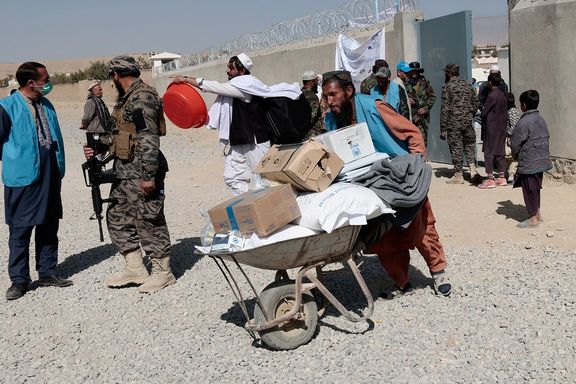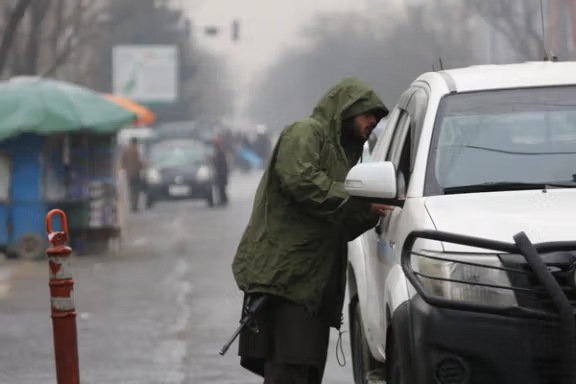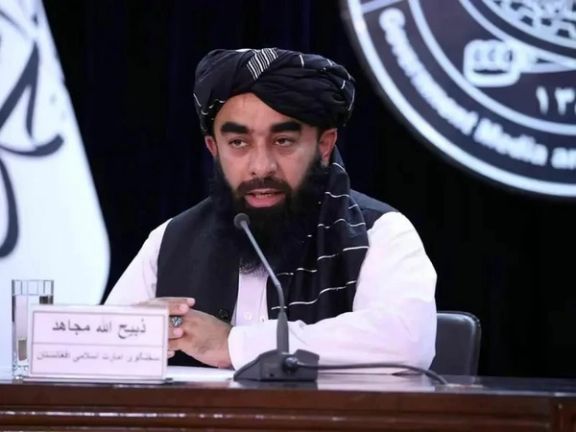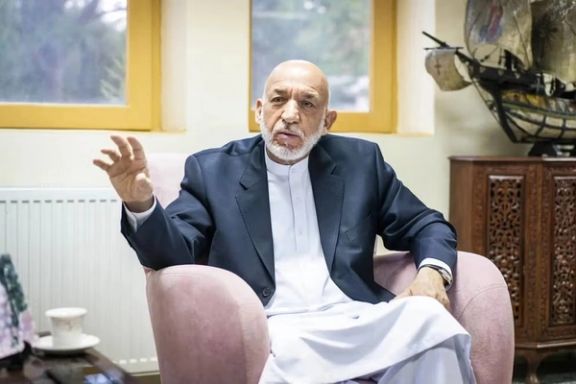The experts urged the world to resist any attempt to normalise the Taliban’s rule.
In a statement issued Thursday, the experts called for Taliban leaders to be held accountable, voicing alarm over the situation of women and girls, public executions, arbitrary arrests, repression of the media and human rights defenders, and discrimination against ethnic, religious, and gender minorities.
“Operating without legitimacy, the Taliban enforces an institutionalised system of gender oppression, crushes dissent, exacts reprisals, and muzzles independent media while showing outright contempt for human rights, equality and non-discrimination,” the statement read.
The experts said the Taliban’s system of discrimination and gender persecution amounts to a crime against humanity. They welcomed the issuance of arrest warrants for Taliban leaders and pledged support for all accountability efforts.
They also warned about executions, corporal punishment, mistreatment in detention facilities, enforced disappearances, restrictions on religious freedom, the targeting of minorities, and a rise in internally displaced persons.
“The situation in Afghanistan is dire,” the experts said. “But it must not be regarded as a lost cause. The international community must resist the narrative that the current situation under Taliban rule is inevitable or irreversible. Another future is possible.”
The experts urged a comprehensive approach to improving conditions, including criminalising gender apartheid, bolstering civil society, increasing humanitarian funding, and advancing the Sustainable Development Goals.
They also stressed the need to protect Afghan refugees and internally displaced persons, saying this support is critical as Pakistan and Iran intensify deportations.
Change in Afghanistan, they said, must be led by its people, warning that each day of delay “strengthens the Taliban’s oppressive grip.”






